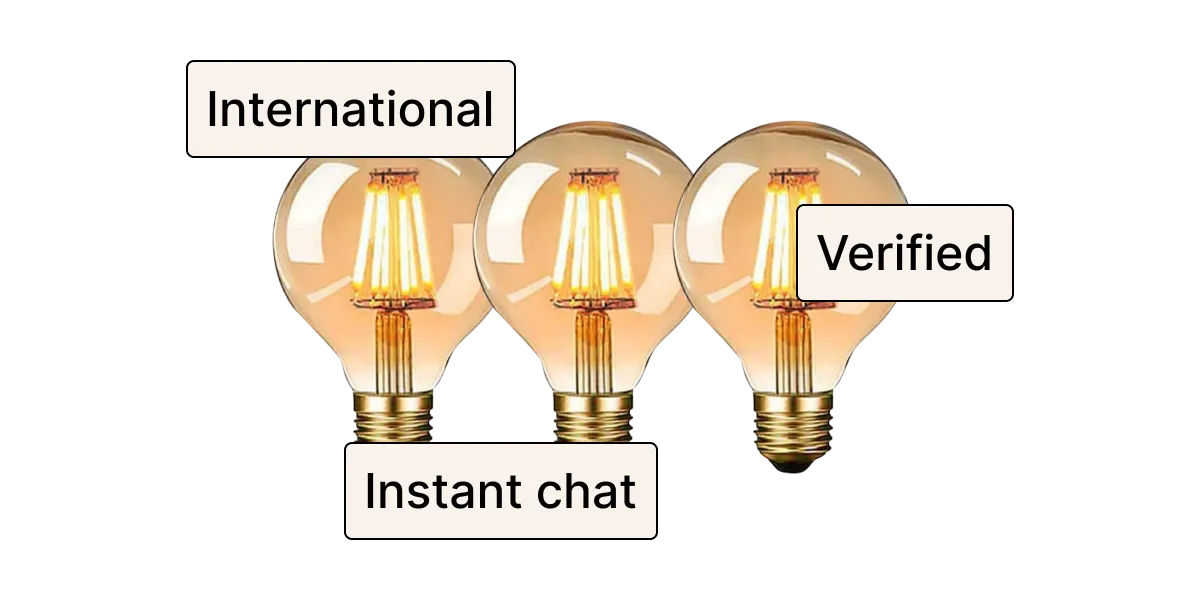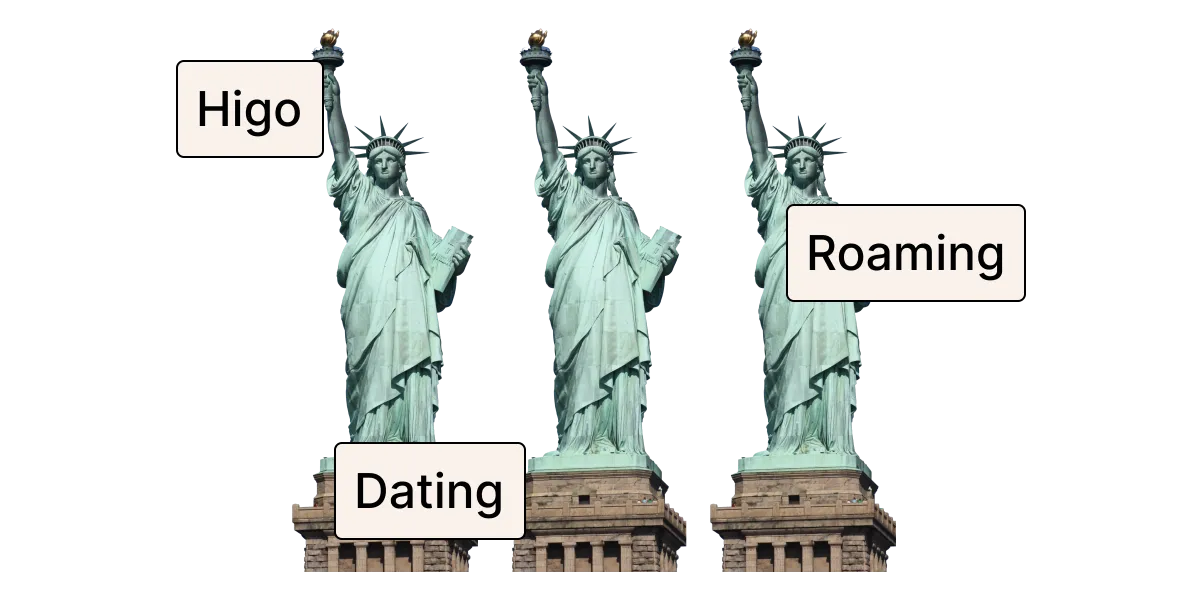Anime
Sonic the Hedgehog
Japan
Sonic the Hedgehog
Agent Stone is a character introduced in the 2020 film adaptation of the beloved video game series, Sonic the Hedgehog. Played by actor Lee Majdoub, Agent Stone brings a unique presence to the screen as a high-ranking government official working directly under Dr. Robotnik, the movie’s main antagonist. As Robotnik’s right-hand man, Agent Stone plays a crucial support role in the mission to track down and capture Sonic, using his resources and authority to assist in the operation.
Now, while Agent Stone is clearly aligned with the villainous side of the story, he isn’t portrayed as an outright evil figure. In fact, one of the more interesting aspects of his character is how frequently he becomes the target of Dr. Robotnik’s verbal and emotional abuse. This dynamic suggests that, despite his official title and responsibilities, Agent Stone’s position isn’t as secure or respected as he might hope. Still, he remains loyal—perhaps out of duty, ambition, or a mix of both—and continues to back Robotnik’s efforts to apprehend Sonic for the sake of national security.
Even though Agent Stone doesn’t have as much screen time as some of the other characters, his role is far from insignificant. He acts as a kind of contrast to Sonic himself—where Sonic is free-spirited, youthful, and rebellious, Agent Stone comes across as disciplined, mature, and methodical. He’s someone who values order, protocol, and results, even if it means setting aside personal morals in favor of what he sees as the greater good. In this way, Agent Stone adds a layer of nuance to the narrative, offering viewers a glimpse into the mindset of government operatives who believe they’re doing the right thing, even when their actions support a questionable cause.
When we take a closer look at Agent Stone’s behavior and decision-making style, it’s pretty clear that he fits the profile of an ESTJ personality type—Extroverted, Sensing, Thinking, Judging. These individuals are known for being practical, organized, and highly efficient, often thriving in structured environments where rules and hierarchies are clearly defined. Agent Stone embodies these qualities through his meticulous attention to detail, his reliance on strategic planning, and his unwavering commitment to following orders—especially those coming from Dr. Robotnik.
What really stands out about Agent Stone is his no-nonsense attitude. He doesn’t waste time entertaining ideas that don’t align with the mission, and he’s quick to shut down any dissent or deviation from the plan. That’s classic ESTJ behavior—focused on productivity, results, and maintaining control. His respect for authority is also evident; he consistently defers to Dr. Robotnik, not just because he has to, but because he genuinely seems to value the chain of command. To Agent Stone, structure isn’t just helpful—it’s essential.
Looking beyond the MBTI framework, there’s also a strong case to be made that Agent Stone aligns with Enneagram Type 3—the Performer. This type is driven by a deep desire to succeed, to be seen as competent, and to gain recognition from others. And let’s be honest, Agent Stone definitely cares about image. Whether he’s adjusting his suit or making comments about his appearance, there’s a clear emphasis on looking the part of a powerful, capable agent. He wants to impress, especially Dr. Robotnik, and will go to great lengths to prove his worth.
Type 3s are also adaptable and goal-oriented, often reshaping their behavior to fit whatever situation they’re in. Agent Stone shows this flexibility by navigating bureaucratic systems, manipulating circumstances to his advantage, and maintaining a commanding presence that earns him respect—even if it’s sometimes laced with fear. His motivation isn’t purely about power; it’s about validation, achievement, and being seen as indispensable.
Of course, it’s important to remember that personality typing isn’t an exact science. While Agent Stone strongly exhibits traits of both the ESTJ type and Enneagram 3, these labels should be viewed as interpretive tools rather than absolute truths. People—and fictional characters—are complex, and no single framework can capture every facet of a person’s psyche. That said, analyzing Agent Stone through these lenses does offer valuable insight into what drives him: a blend of duty, ambition, and the need to be recognized as successful.
In the broader context of the Sonic the Hedgehog franchise, Agent Stone may not be the flashiest or most central character, but he serves an important function. He represents a different kind of antagonist—one who isn’t inherently malicious, but who chooses to follow a destructive path in the name of loyalty and achievement. Through Agent Stone, the story explores themes of authority, identity, and the cost of ambition. And whether he’s barking orders, dodging Robotnik’s insults, or trying to stay one step ahead of Sonic, Agent Stone remains a memorable and multifaceted presence throughout the film.
So, all in all, Agent Stone stands out not because he’s the hero or the mastermind, but because he feels real—a flawed, striving individual caught between duty and dignity. And honestly, that makes him all the more compelling. Agent Stone, Agent Stone—yeah, you might not save the day, but you definitely leave an impression.



